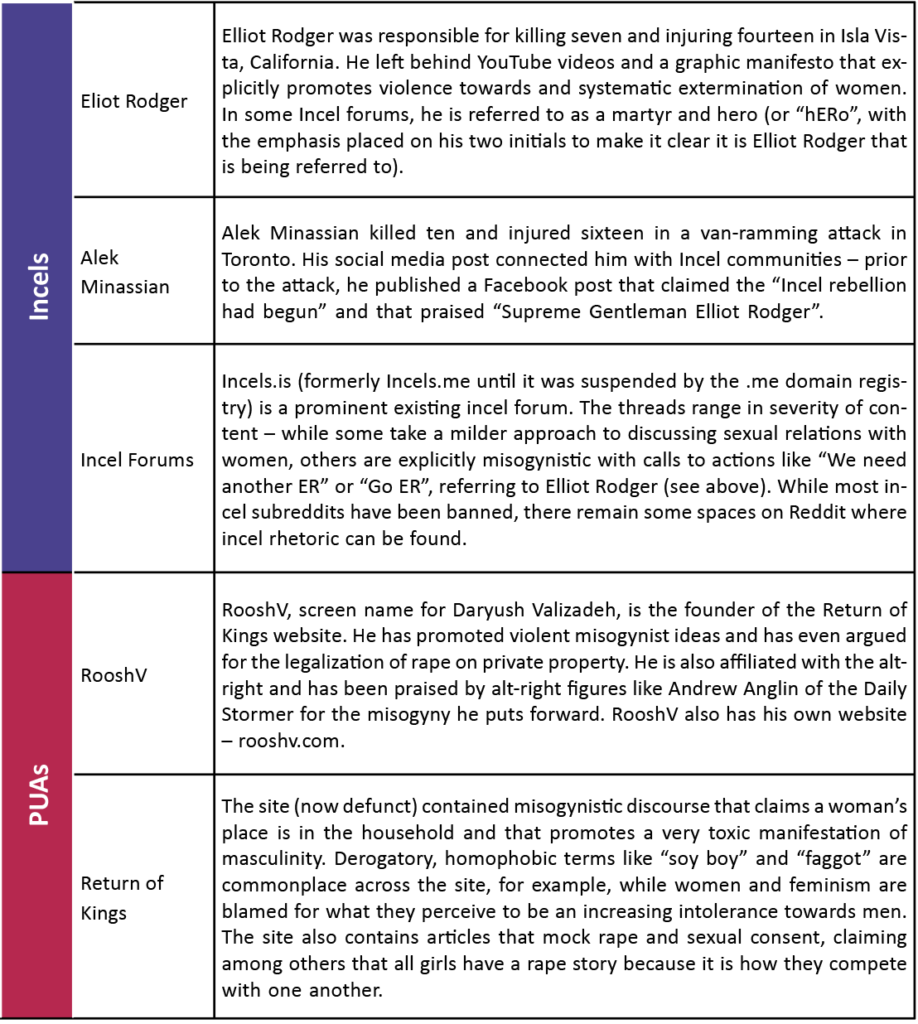The "manosphere" has become a widely discussed and debated topic in recent years, with many people wondering why men are drawn to this online community and what drives them to leave. As a psychologist, I have delved into the world of the manosphere to understand the motivations and experiences of men who engage with this movement. In this article, we will explore the reasons why men enter and exit the manosphere, and what this reveals about the complexities of modern masculinity.
What Is The Manosphere?
The manosphere refers to a loose network of online communities and forums where men discuss and share ideas about masculinity, relationships, and society. These communities often promote traditional masculine values and ideologies, such as patriarchy and misogyny, and can be hostile towards women and other marginalized groups. The manosphere has been linked to various forms of online harassment and hate speech, making it a concerning phenomenon for many.
Why Do Men Enter The Manosphere?
So, why do men join the manosphere? According to my research, men are drawn to the manosphere for a variety of reasons. Some men feel disillusioned with modern society and the perceived erosion of traditional masculine values. They may feel that their masculinity is being threatened or undermined by feminist movements and changing social norms. The manosphere offers a sense of community and belonging for these men, who feel like they can express themselves freely and connect with like-minded individuals.
Others may be attracted to the manosphere's promises of self-improvement and personal development. The manosphere often promotes ideologies such as "neomasculinity" and "pickup artistry," which promise to help men become more confident, successful, and attractive to women. These ideologies often rely on simplistic and misogynistic notions of masculinity, but they can be appealing to men who feel insecure or struggling with relationships.
Why Do Men Exit The Manosphere?
However, many men who enter the manosphere eventually leave, often after experiencing a crisis of conscience or a shift in their personal values. Some men may become disillusioned with the manosphere's extreme and misogynistic ideologies, or they may realize that the community's promises of self-improvement are empty and unfulfilling.
Others may leave the manosphere after experiencing personal growth and development, such as forming meaningful relationships or developing a more nuanced understanding of masculinity. As men engage with the manosphere, they may begin to see the harm and toxicity that it promotes, and they may decide to distance themselves from the community.
The manosphere is a complex and multifaceted phenomenon that reveals deep-seated anxieties and insecurities about modern masculinity. By understanding why men enter and exit the manosphere, we can gain insight into the psychological and social factors that drive men's engagement with this movement. As we work to build a more inclusive and equitable society, it is essential that we address the root causes of the manosphere's appeal and promote healthier, more positive forms of masculinity.
By promoting empathy, understanding, and critical thinking, we can help men to develop a more nuanced and compassionate understanding of themselves and others. Ultimately, this can help to create a more just and equitable society, where men and women can thrive and reach their full potential.
Note: This article is based on the original article "Why Men Enter And Exit The 'Manosphere'—By A Psychologist" published on Forbes. The content has been rewritten and optimized for SEO purposes.









